Fighting $40bn food fraud to protect food supply

The tool, developed by SSAFE in partnership with PwC, Wageningen University, VU University Amsterdam and food industry leaders around the world, can be used free-of-charge to provide companies with a basis for developing mitigation and control strategies to reduce their risk to fraudulent attacks.
“Recent food fraud incidents have increased the need to strengthen the food industry’s ability to detect and combat fraud across food supply chains,” said SSAFE executive director Quincy Lissaur.
“As a non-profit organisation SSAFE believes protecting consumers is vital. By developing this free tool we hope to help strengthen companies’ internal controls while reducing opportunities to adulterate food for economic gain,” Lissaur added.
Food fraud affects consumer confidence and is estimated to cost the global industry $30 to $40 billion a year.
PwC research has found more than one in three of all organisations are victimised by fraud.
“By clearly understanding the conditions and situations that provide fraudsters with opportunities, companies can target resources and actions to detect and prevent food fraud before affected products reach consumers,
“Collaborating with PwC, who has a strong tradition of helping companies manage risks and improve processes, greatly improves the proposition and reach of this tool,” said Lissaur.
According to Craig Armitage, PwC’s global leader of Food Supply and Integrity Services, current food safety practices are not always designed for fraud mitigation,
“Beyond the economic cost, food fraud can harm public health and damage consumer trust. Food frauds, such as horse meat being passed off as minced beef or the addition of melamine in dairy, have increased the urgency with which the food industry is taking action,” Armitage said.
SSAFE and PwC’s food fraud vulnerability assessment tool comes ahead of new food safety requirements being introduced by the Consumer Goods Forum’s Global Food Safety Initiative (GFSI), as well as several regulatory authorities around the world.
“Food may be about taste and nutrition for most of us, but for fraudsters it’s always about using food as a pawn to make easy money. We hope to help food companies strike at the heart of this motivation so fraudsters are less willing and less able to profit from food fraud,” Armitage noted.
SSAFE is a global non-profit membership driven organisation that aims to foster the continuous improvement and global acceptance of internationally recognised food protection systems and standards through public-private partnerships.
PwC is a global professional assurance, advisory and tax services firm with expansive network in 157 countries employing more than 208,000 people.
What the stars mean:
★ Poor ★ ★ Promising ★★★ Good ★★★★ Very good ★★★★★ Exceptional
Latest News
More News
- E-records in health not yet up to scratch (April 22, 2024 | 09:28)
- Outlook for pharmaceutical stocks in 2024 (April 22, 2024 | 08:00)
- VIMC to divest state stake to 65 per cent (April 21, 2024 | 09:32)
- More policies needed to boost business development (April 19, 2024 | 18:33)
- Noi Bai, Da Nang named in world’s top 100 airports (April 19, 2024 | 16:36)
- VinFast reports Q1 revenue of $302.6 million (April 19, 2024 | 15:00)
- Upbeat signs on the horizon right from Q1 (April 19, 2024 | 07:23)
- Businesses take heed of the dual transition (April 17, 2024 | 16:00)
- Defining the role of AI in digital transformation (April 17, 2024 | 15:24)
- MoIT proposes scheme to boost renewable energy procurement (April 17, 2024 | 14:05)



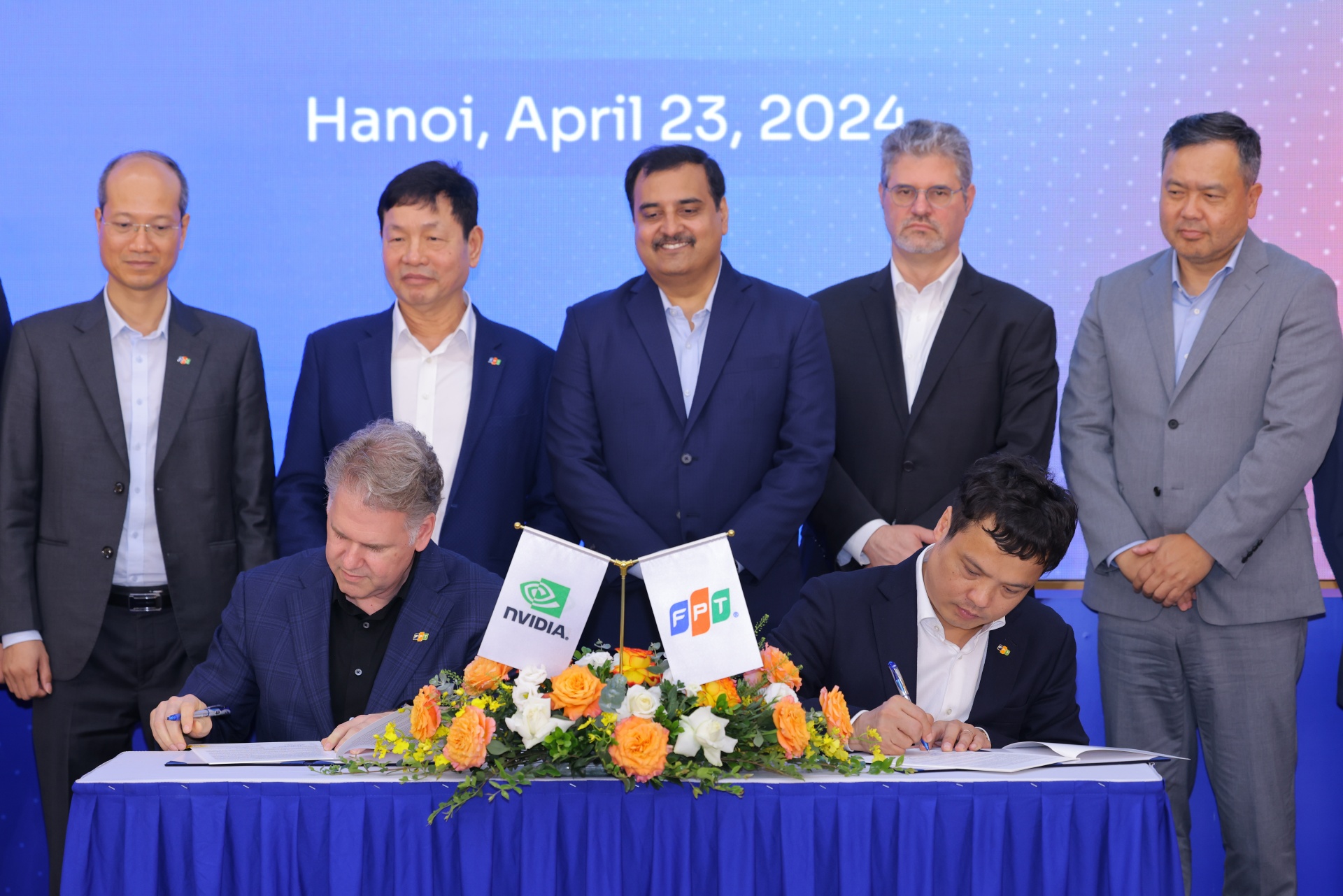
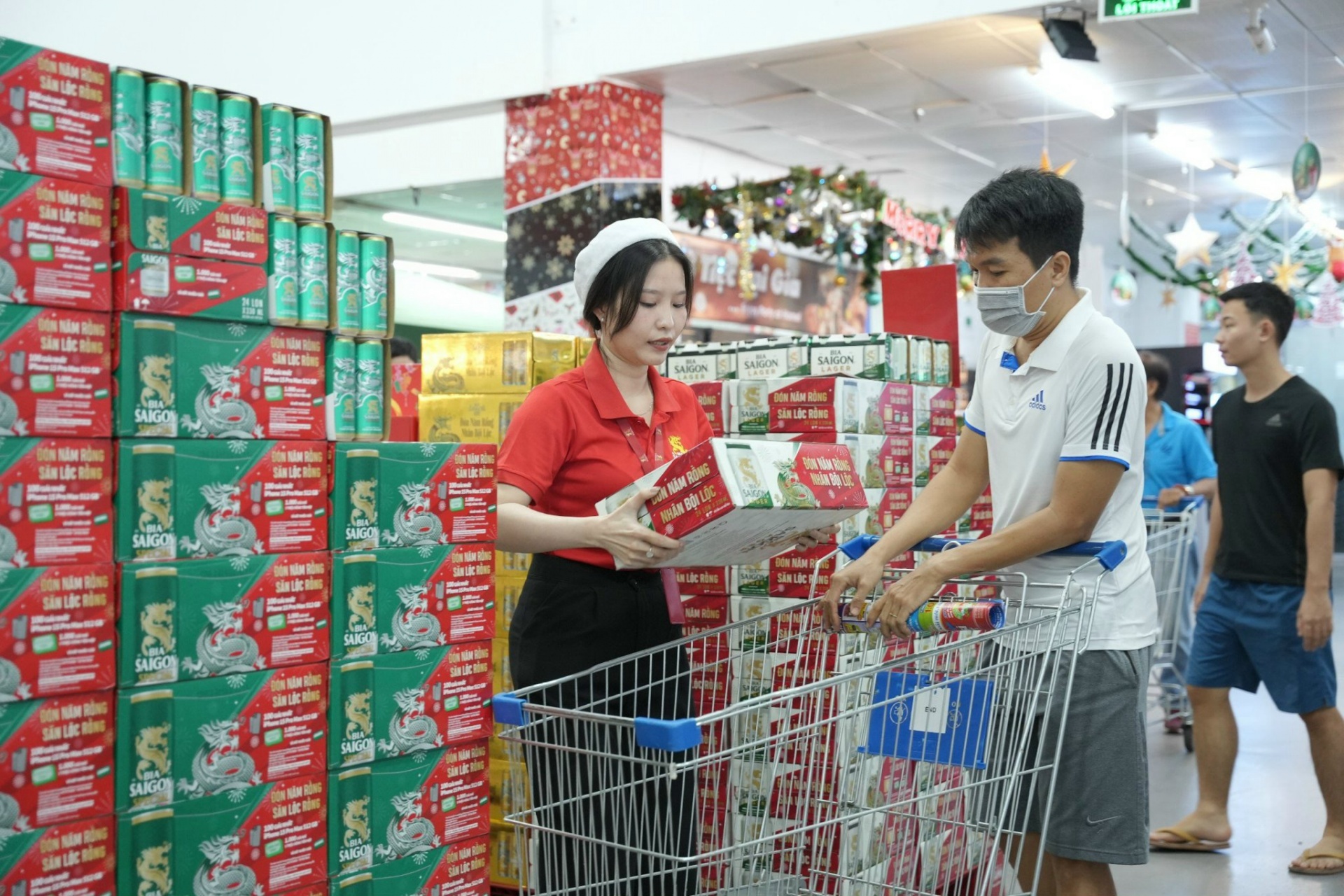
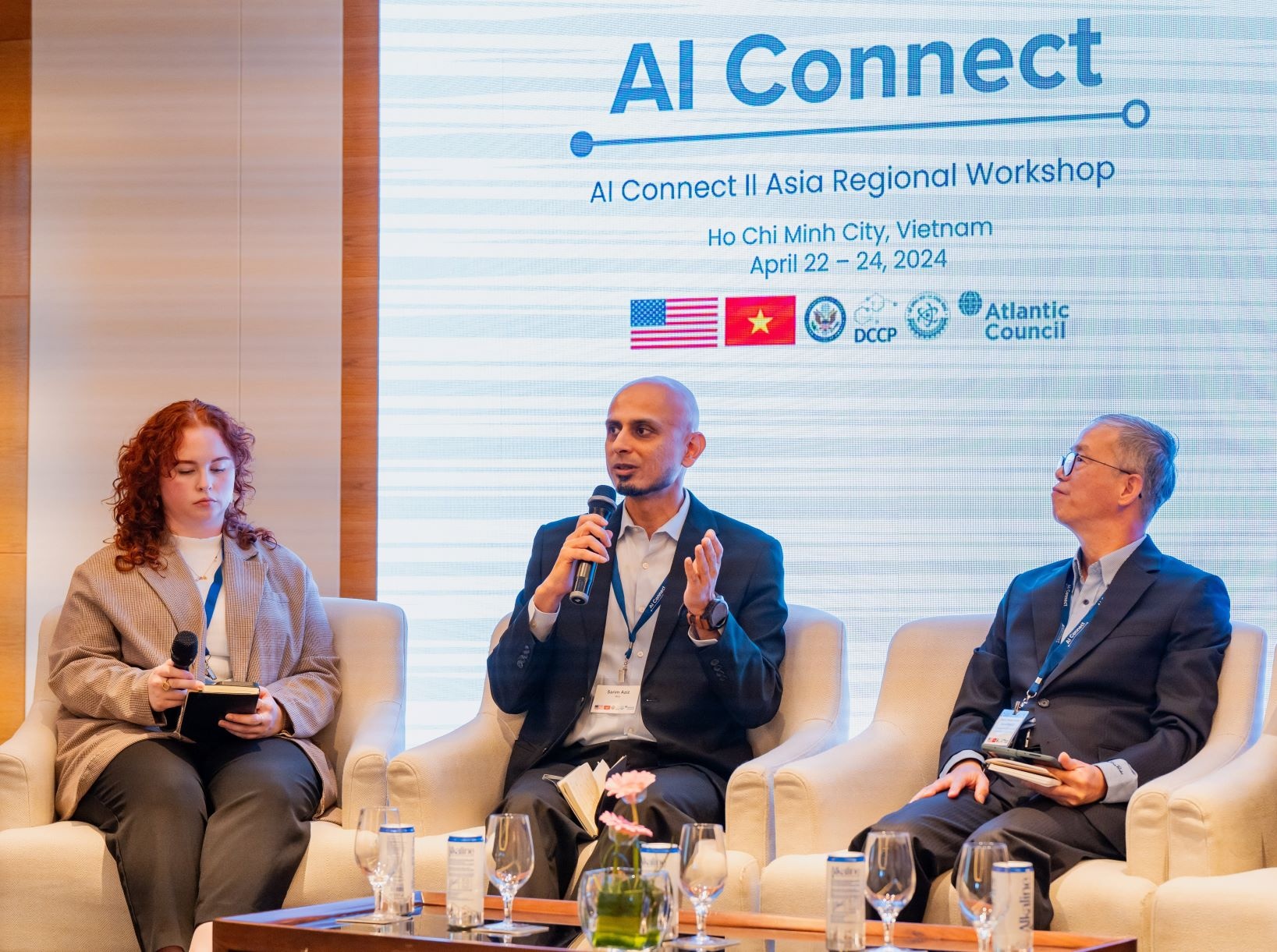
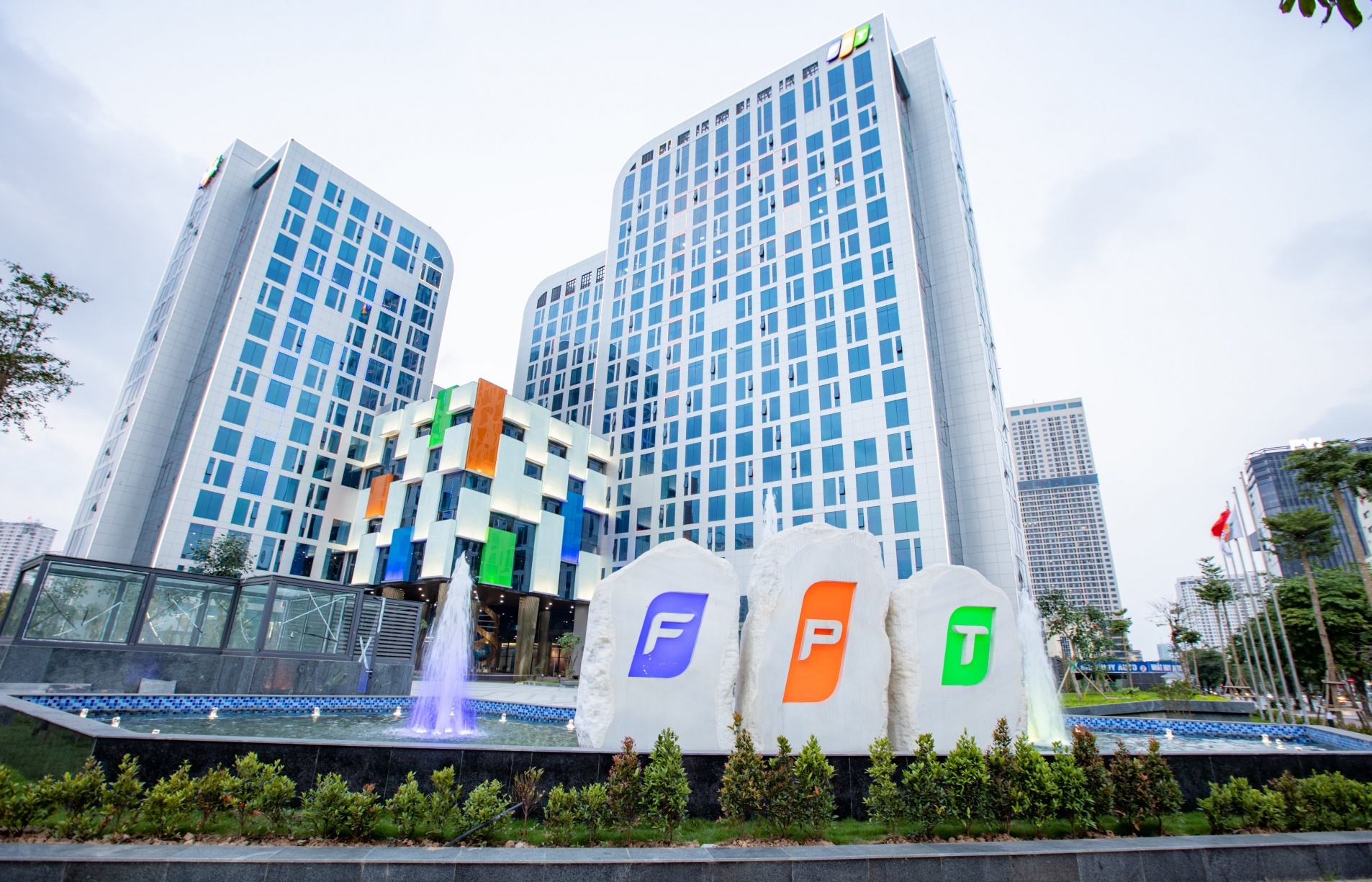
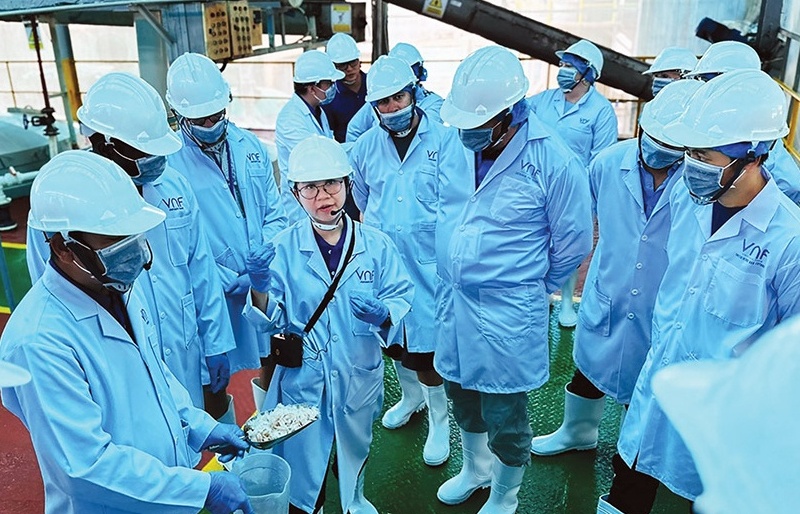
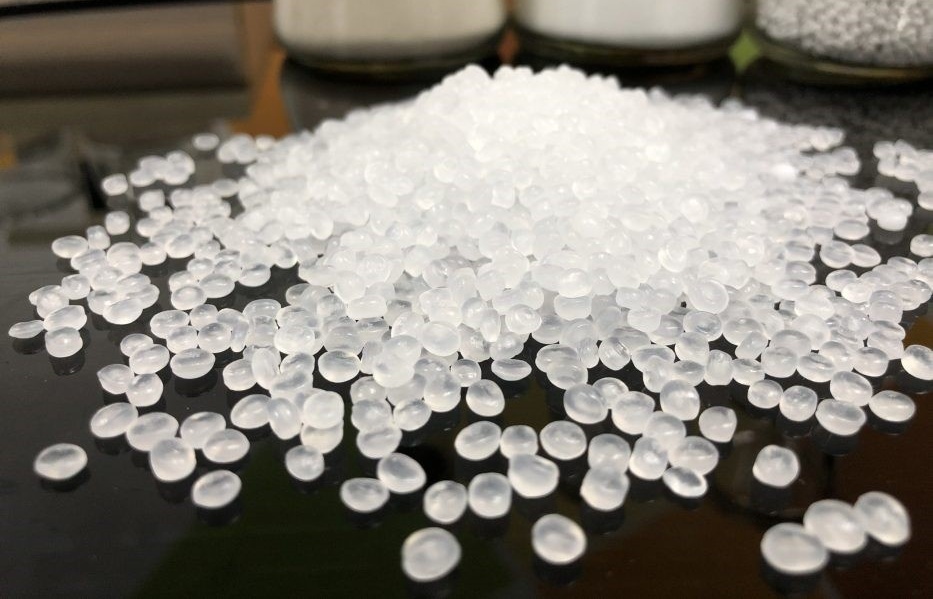


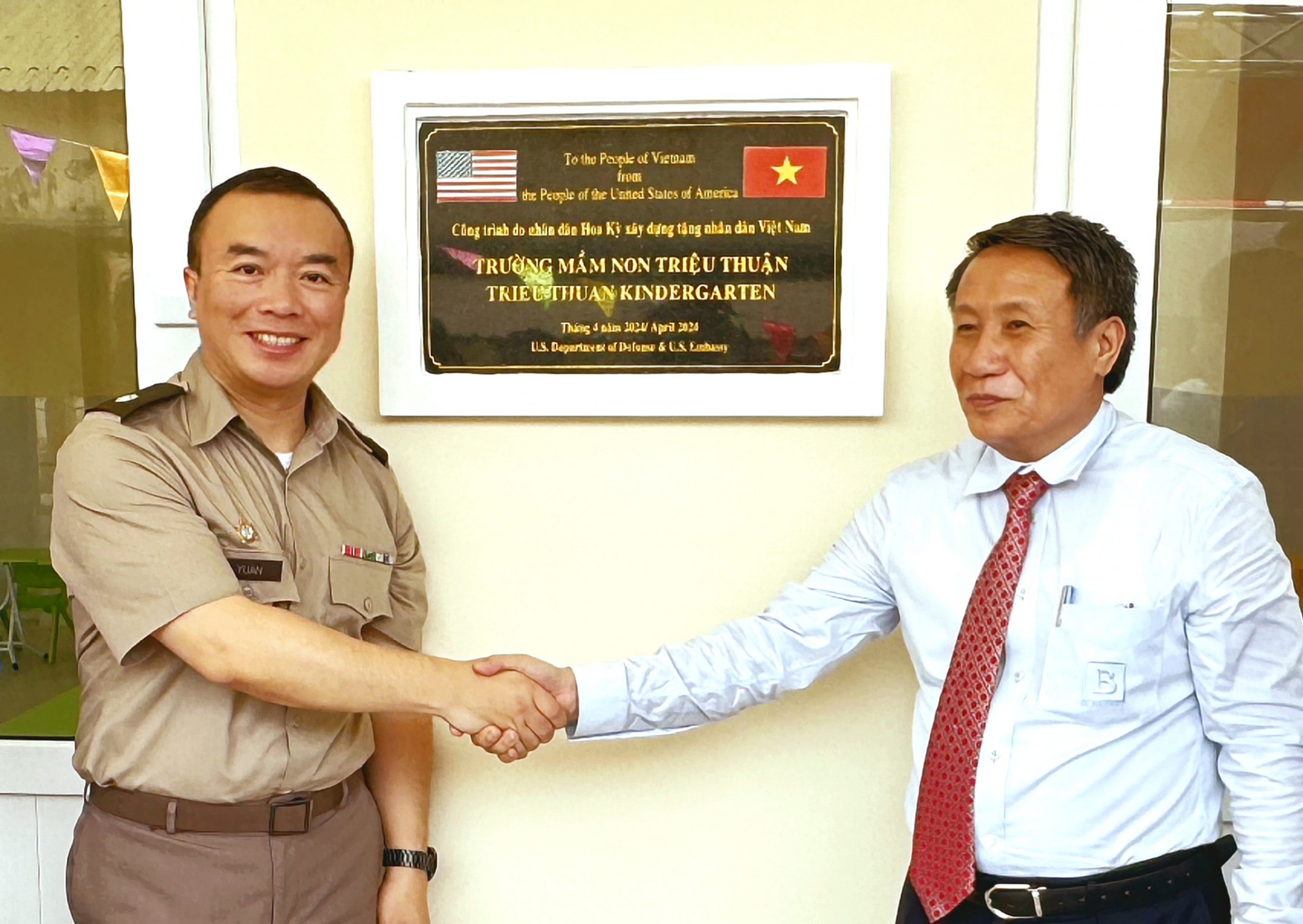
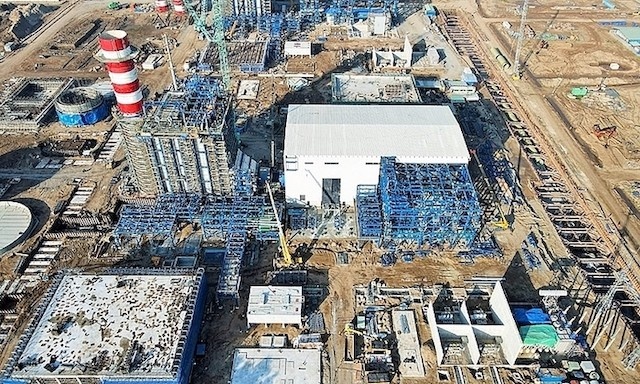



 Mobile Version
Mobile Version